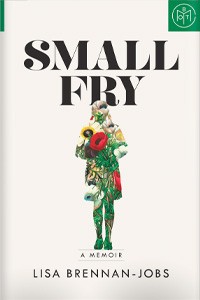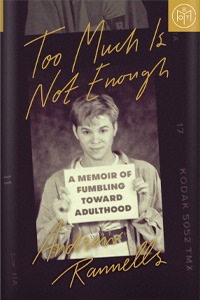

Nonfiction
Tightrope
by Nicholas D. Kristof and Sheryl WuDunn
Quick take
An honest discussion of the problems plaguing small-town America and the policies that lead those areas to spiral.
Good to know
Social issues
Sad
Brainy
Academic
Synopsis
With stark poignancy and political dispassion, Tightrope draws us deep into an "other America." The authors tell this story, in part, through the lives of some of the children with whom Kristof grew up, in rural Yamhill, Oregon, an area that prospered for much of the twentieth century but has been devastated in the last few decades as blue-collar jobs disappeared. About one-quarter of the children on Kristof's old school bus died in adulthood from drugs, alcohol, suicide, or reckless accidents. And while these particular stories unfolded in one corner of the country, they are representative of many places the authors write about, ranging from the Dakotas and Oklahoma to New York and Virginia. But here too are stories about resurgence, among them: Annette Dove, who has devoted her life to helping the teenagers of Pine Bluff, Arkansas, as they navigate the chaotic reality of growing up poor; Daniel McDowell, of Baltimore, whose tale of opioid addiction and recovery suggests that there are viable ways to solve our nation's drug epidemic. These accounts, illustrated with searing images by Lynsey Addario, the award-winning photographer, provide a picture of working-class families needlessly but profoundly damaged as a result of decades of policy mistakes. With their superb, nuanced reportage, Kristof and WuDunn have given us a book that is both riveting and impossible to ignore.
Content warning
Numerous facts/figures/uses of historical and/or policy data make this book a challenging read.
Free sample
Get an early look from the first pages of Tightrope.
Why I love it
Dave Eggers
Author, The Captain and the Glory
In a country that purports to root for the underdog, too often we exalt the rich and we punish the poor. This is an unflinching book that illustrates that central, confounding American paradox. With thorough reporting and extraordinary compassion, Kristof and WuDunn tell the stories of those who fall behind in the world’s wealthiest country. In the most vulnerable regions, they find not an efficient first-world safety net created by their government, but merely a patchwork of community initiatives, perpetually underfunded and run by tired saints. It’s not enough, and those who fall through the cracks fall precipitously.
Kristof and WuDunn focus on Yarnhill, Oregon, a blue-collar town where Kristof grew up. Though he got out and rose up, too many of his classmates succumbed to the opioid scourge—driven entirely by Big Pharma greed—or fell behind on medical payments that left them broke and broken. Common to all the stories is the resilience of these families in the face of system that can be indifferent at best and punitive at worst.
And yet amid all the tragedy and neglect, Kristof and WuDunn conjure a picture of how it could all get better, how it could all work. That’s the miracle of Tightrope, and why this is such an indispensable book. In concise, lucid chapters, we see humanity at its most desperate, its most rugged, but perhaps its most heroic. A reader comes away from Tightrope full of outrage but not without hope.


















